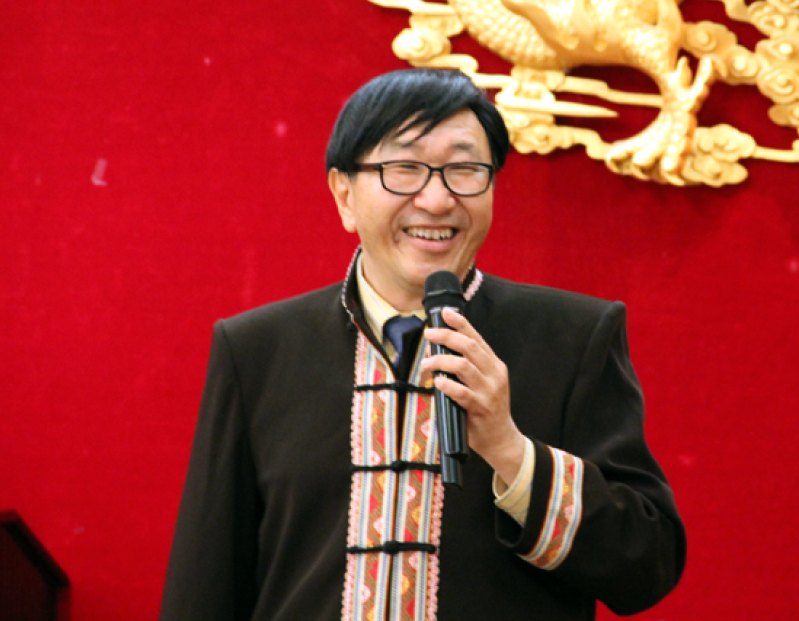
Despite China's economic achievements, the Chinese people's spiritual emptiness and confusion are becoming more and more evident as a result of the rapid secularization of the market economy and the effects from the Cultural Revolutions. Dr. Thomas In-Sing Leung, president and honorary chairman of C.R.R.S., continues to explain the cause and cure for the suffering Chinese souls.
Click here to read Thomas In-Sing Leung: The Chinese Model of Joy and Sorrow, Part I
China’s Success of a Unified Pluralistic Governance
When speaking about China, Leung said that the country has been an empire ever since the ancient times that valued a unified body, but neglected the pluralism. It wasn’t until after Deng Xiaoping established the special economic zones were the small city states economies formed, which successfully established the prosperous districts.
With the establishment of the special zones, where each developed according to its own context, every region in the nation watched and learned. In addition, China achieved unprecedented success under the protection of the central government and a whole body strategic planning, the self-governance of the city states that developed according to regional advantages.
In recent years, China has become the debt-holders of the first-world superpowers as America and the west are on the decline. In addition, after thirty years of economic development, she already possesses America’s qualifications when it first became the world’s superpower.
“After going through the Economic Reform, China has become the world’s economic leader and the market economy is rapidly becoming secularized; mixing with the extreme decline resulting from the post-Cultural Revolution spirit culture, the emptiness and confusion are ever more present in people’s souls. The abundance in materialistic lifestyle cannot give peace to their souls, which led to the distortion of luxurious lives, sexual perversion, marriage instabilities, and the exploitation and oppression of the disadvantaged people groups.”
Benevolent Love and Serving - Cure to Chinese People's Suffering Souls
Leung explains that modern day Chinese people always carry with them in some deep areas of their lives the sorrows from modern-day history and the pains that were caused by the society’s imbalanced developments – forming a cultural trauma.
Only with benevolent love and serving, he said, can heal the pains inside the Chinese souls, and benevolent love must become the foundation of a democratic and law governing society.
Moreover, Leung talked about the mission of C.R.R.S., which is a benevolent compassion movement that combines Chinese culture with Christian faith that seeks to heal the trauma of the Chinese peoples. He hopes that they can foster a spirit of forgiveness and mutual understanding, mutually respecting and loving culture that can heal the deep scars from the hundreds of years of battling.
“The highest level in life is to realize the benevolent love of the universe – willingly becomes other’s servant, even to the point of suffering, sacrificing, in order to love. This love can heal the pains of mankind,” said Leung. “CRRS bears this type of unconditional love, the heart of a servant to enter China, first trying to understand China’s historical tragedies and traumas, forgiving and understanding the mistakes that China has been in history.”
Addressing how the Cultural Revolution has caused Chinese culture to break down, the entire people to fall into spiritual emptiness, Leung said that he hopes that through a deep understanding, respect, and appreciation of the beauty of the culture values to devote in the support of rebuilding families, ethics and morality, conscience, social justice, and environmental protection.






